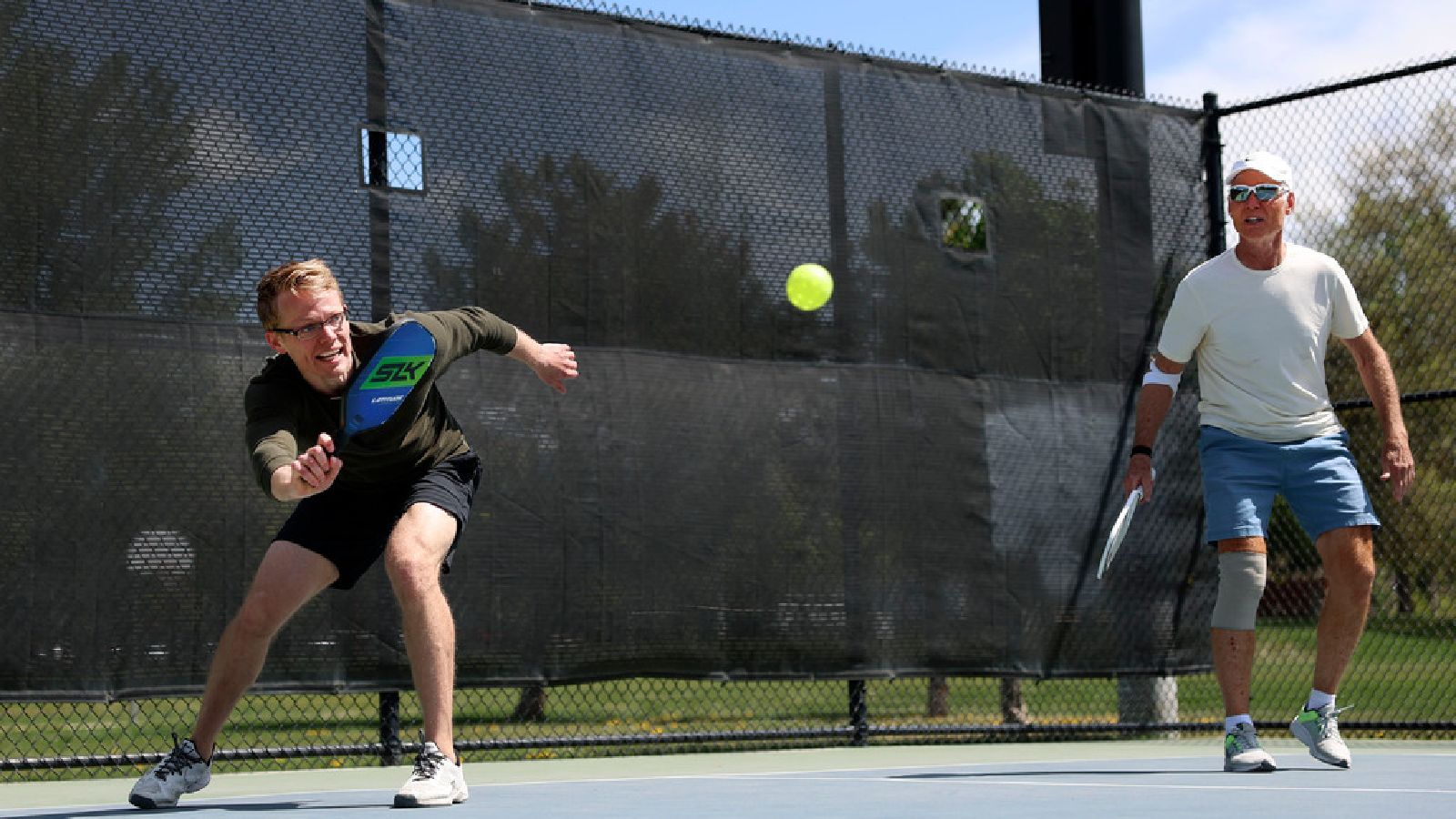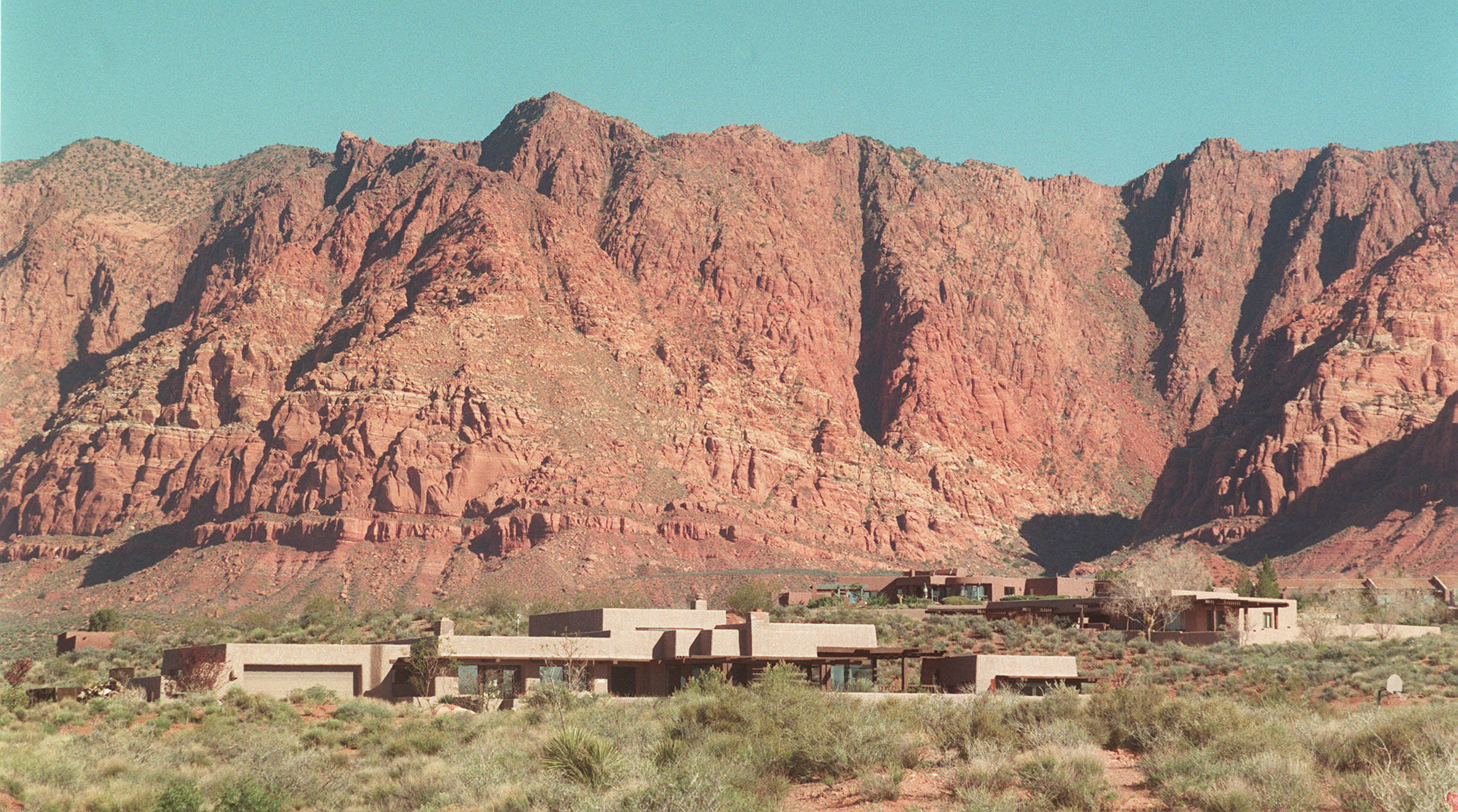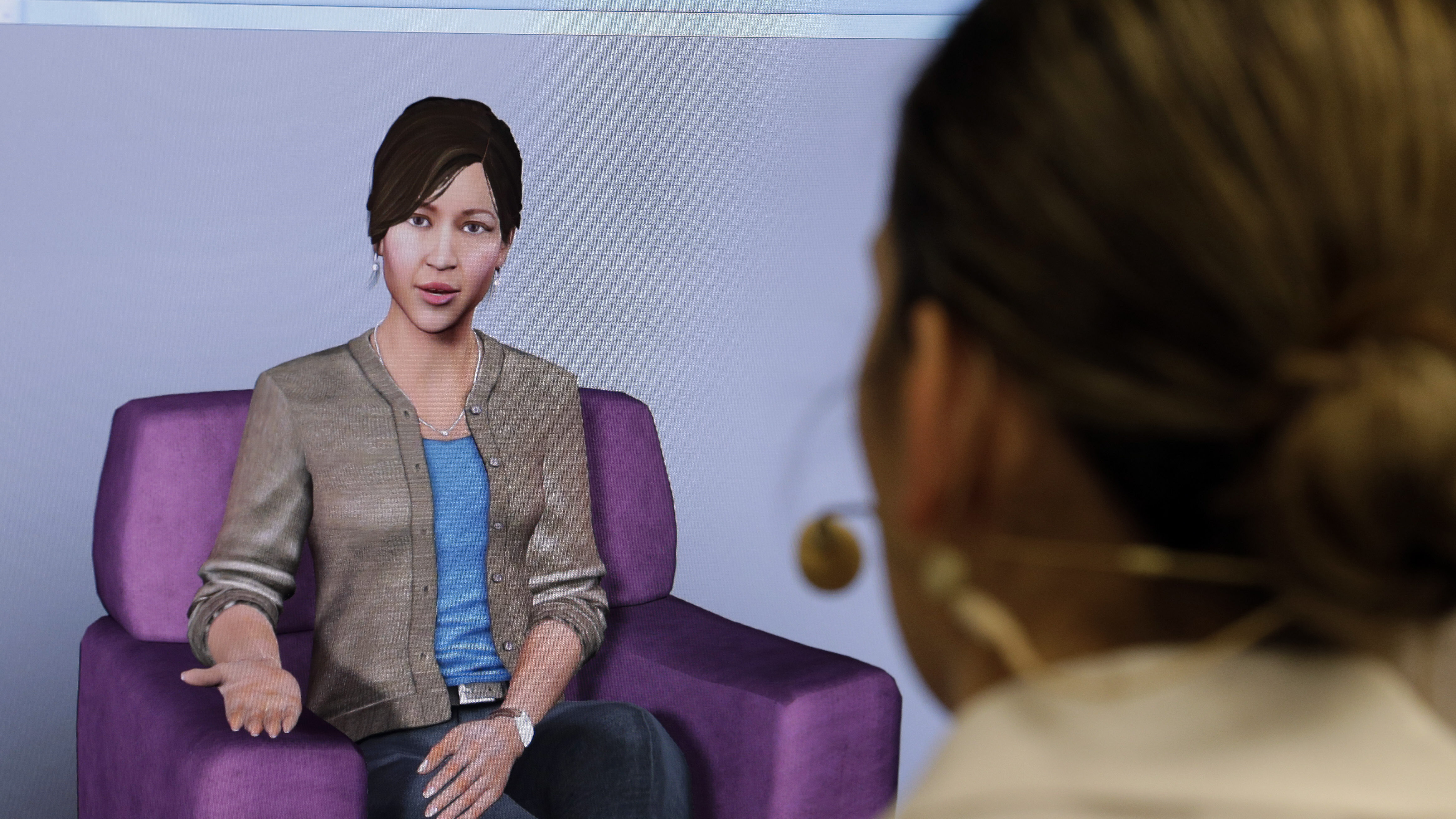Facts, not fear: KSL NewsRadio’s coronavirus resource center
Mar 12, 2020, 11:54 AM | Updated: 5:52 pm

KSL NewsRadio is committed to providing facts over fear. Here's what you need to know about COVID-19 coronavirus.
SALT LAKE CITY — KSL NewsRadio is committed to providing facts over fear. That’s why we created a coronavirus resource center.
We get more news every day. This week alone, the NCAA announced that March Madness basketball games will be played with no fans, the Church of Jesus Christ of Latter-day Saints announced that the only way that most people will be able to participate in general conference in April will be via radio, television or online, two members of the Utah Jazz have tested positive for coronavirus, and the NBA has suspended its season.
This is real.
But it is not out of control, and keeping things that way – in control as much as is possible – is the goal of every health official in Utah.
We know you have questions, and KSL NewsRadio is dedicated to providing you with the information you need to keep yourself, your family, your community, and your state, as safe as possible.
Coronavirus Resource Center – updated Thursday, March 12, 2020
What is COVID-19?
COVID-19 is the infectious disease caused by the most recently discovered coronavirus. This new virus and disease were unknown before the outbreak began in Wuhan, China.
On December 31, 2019, the World Health Organization WHO became aware of cases of pneumonia of unknown etiology (unknown cause). Officials detected the cases in Wuhan City, Hubei Province of China.
Chinese authorities identified a novel (new) coronavirus, named 2019-nCoV, as the cause of the pneumonia on January 7, 2020.
Health officials continue to investigate and evaluate the source of the outbreak, mode(s) of transmission and the extent of infection.
The World Health Organization reports that available evidence on the 2019-nCoV virus, as well as previous experience with other coronavirus (MERS-CoV and SARS-CoV) and other respiratory viruses (e.g., avian influenza) suggest that 2019-nCoV may involve zoonotic transmission. In other words, it may be spread from animals to humans.
Who is at risk?
According to the World Health Organization, for most people, COVID-19 infection will cause mild illness. However, it can make some people very ill and, in others, it can be fatal. Older people, and those with pre-existing medical conditions (such as cardiovascular disease, chronic respiratory disease or diabetes) are at risk for severe disease.
What families need to know
First off, don’t panic. Be assured that the U.S. government, through the Centers for Disease Control and Prevention, is taking action. This includes health screening, a temporary travel ban for most Europeans flying into the United States, communication with state and local health organizations, readiness assessments, and business guidance.
Cases in children have been very rare. A report published in the Journal of the American Medical Association shows that most people infected with COVID-19 coronavirus are between the ages of 49 and 56 years old. The same report shows that when children do get the virus, they have much milder symptoms.
Take the same precautions as those you’d take with the flu
Mom and dad, you’ve got this! You already know how to protect your children (and yourself), because protecting ourselves from COVID-19 coronavirus is the same as protecting ourselves from the common cold or flu.
- Wash hands frequently and thoroughly, with soap and water, for at least 20 seconds. Hands should be washed after using the bathroom, when coming inside from outdoors, after touching something dirty like garbage
- Don’t touch your face.
- Keep kids away from someone who is coughing or sneezing (in this instance, at least six feet)
- If there is an outbreak near you, practice social distancing (stay at home, instead of going to the movies, sports events, or other activities.)
- Get a flu shot.
Community health – the big picture
There is a particular risk of healthcare workers unintentionally spreading a previously unknown virus, like this one. Therefore, hospitals and community health organizations play a key role in preventing a potential onslaught of people that test positive for the virus.
To that end, health officials ask hospital employees to pay close attention and to report recognized exposures, to regularly monitor themselves for fever and symptoms of respiratory infection, and not to go to work if they are sick.
Further, according to the American Hospital Association, hospitals and health systems should:
- Identify, isolate and inform local public health officials about new cases of patients known or suspected of having the virus.
- Follow CDC recommendations on how to best use and preserve existing supplies of personal protective equipment due to concerns about limited supplies.
- Protect health care workers on the front lines, ensuring they have the personal protective equipment, training and support they need to provide care to patients.
Coronavirus Resource Center:
(Utah Coronavirus Information Line, 1-800-456-7707)
State of Utah
Utah State Board of Education
Utah Hospital Association
The Church of Jesus Christ of Latter-day Saints
Brigham Young University COVID-19 Updates
University of Utah Department of Public Safety
Westminster College
Salt Lake Community College
Weber State University COVID-19 Update
Utah State University
Southern Utah University
Coronavirus Resource Center: National Links
Centers for Disease Control and Prevention
Commonly asked questions, World Health Organization
Cases in the United States













